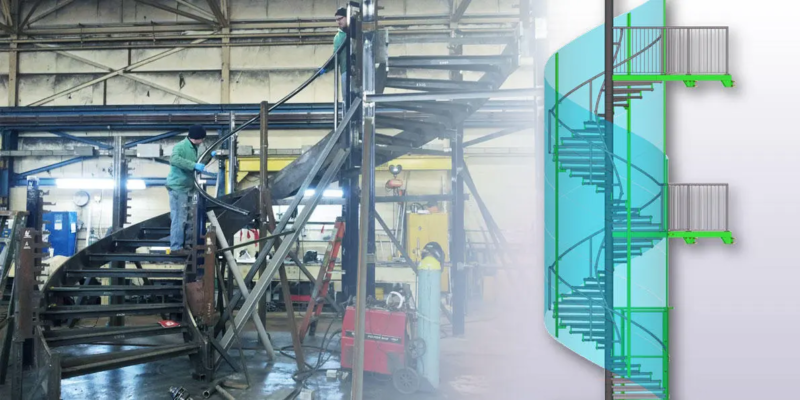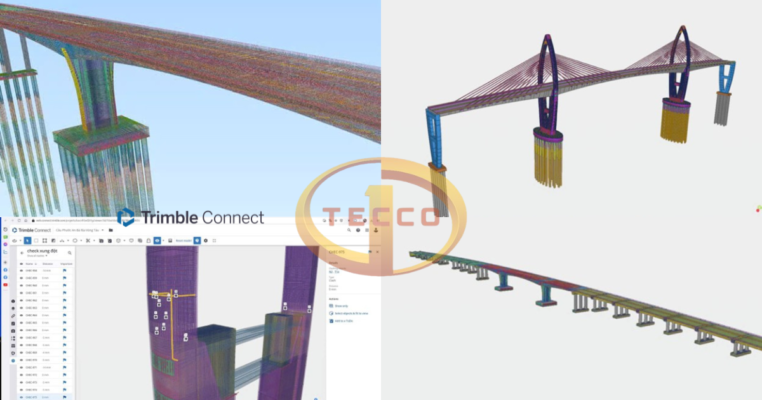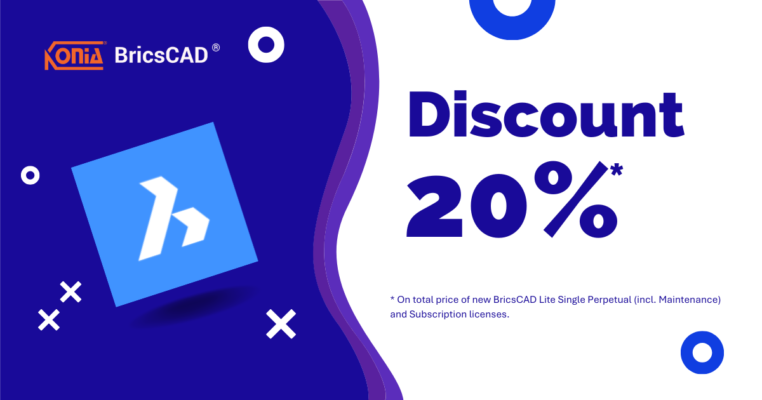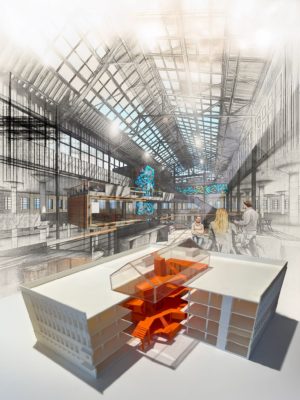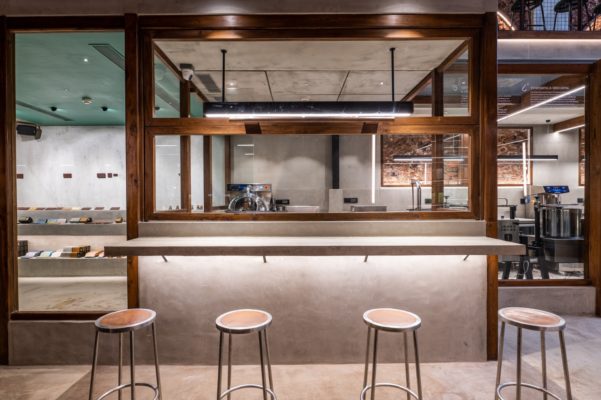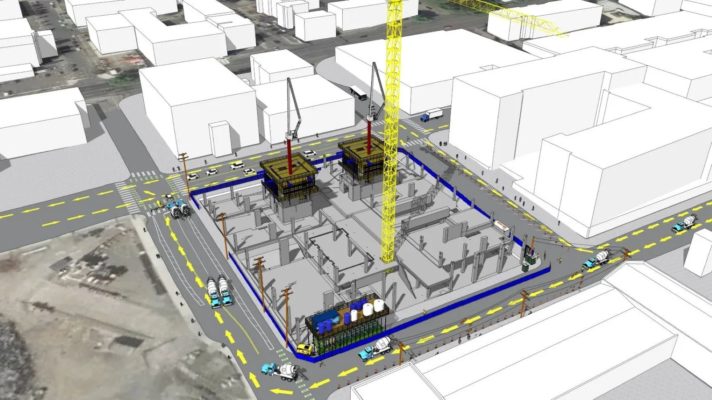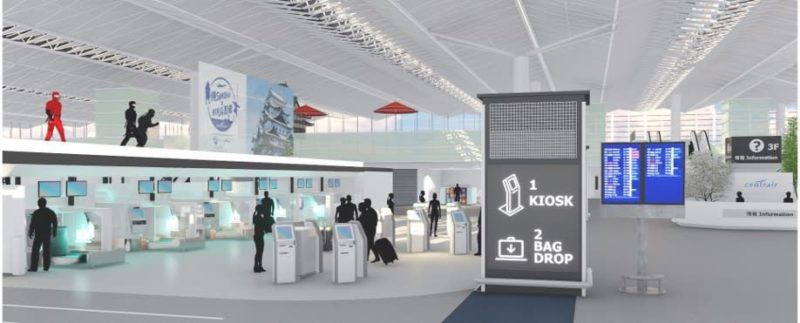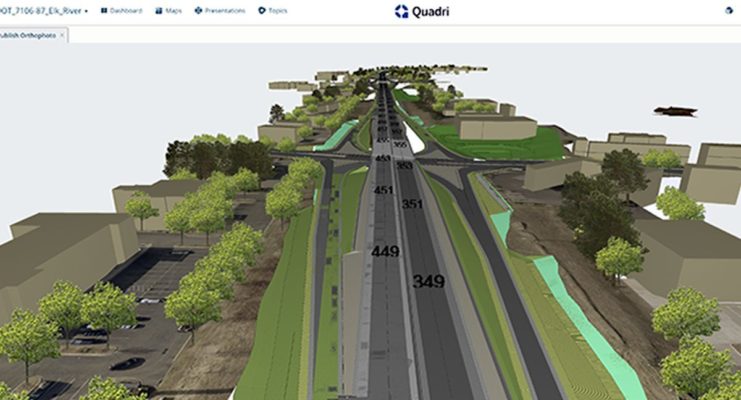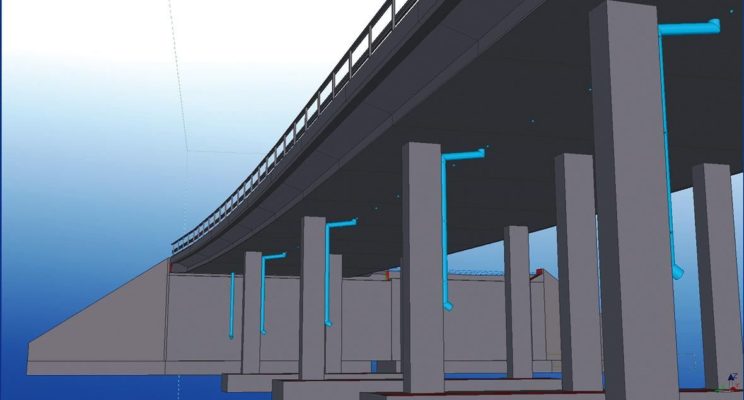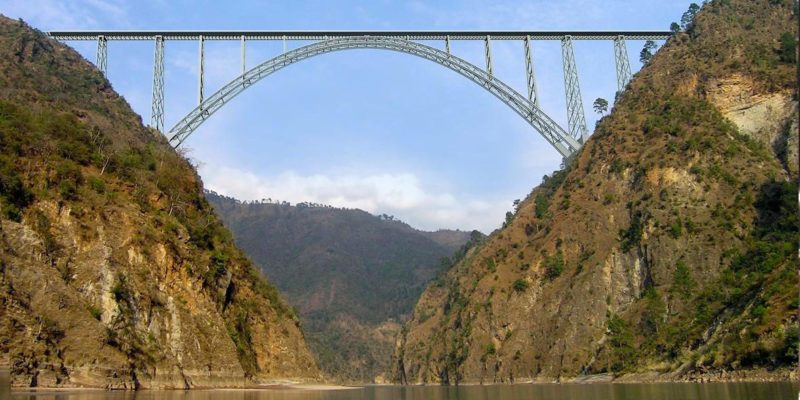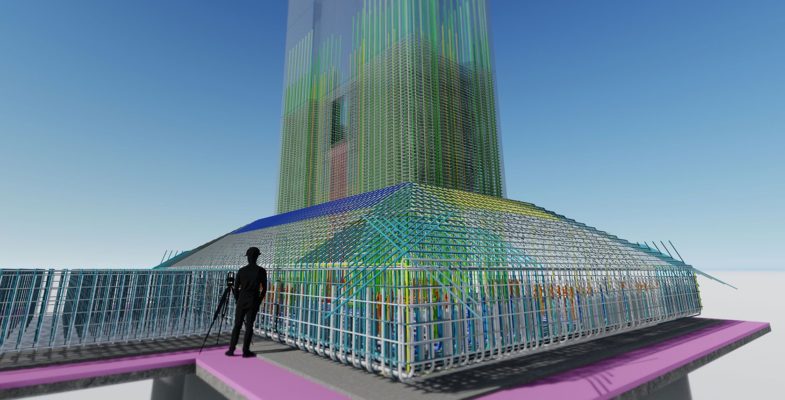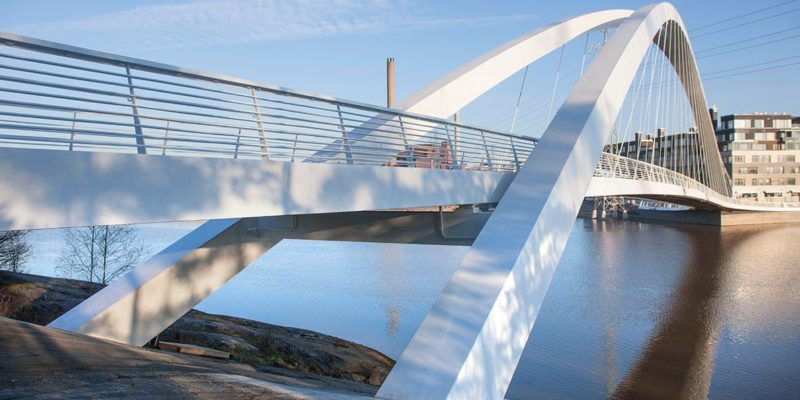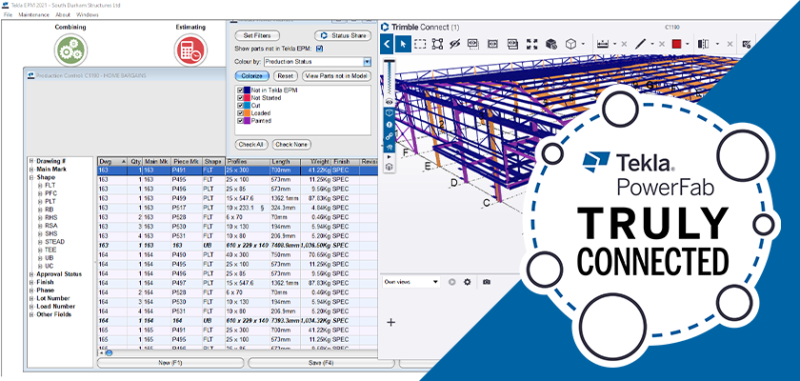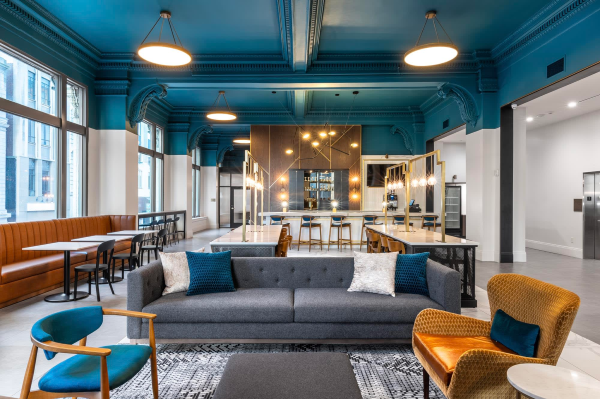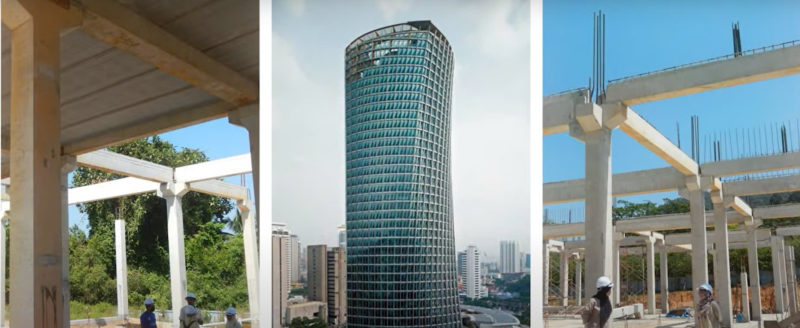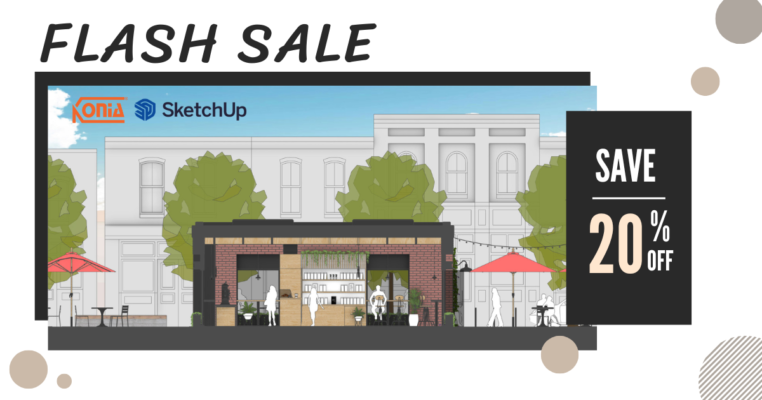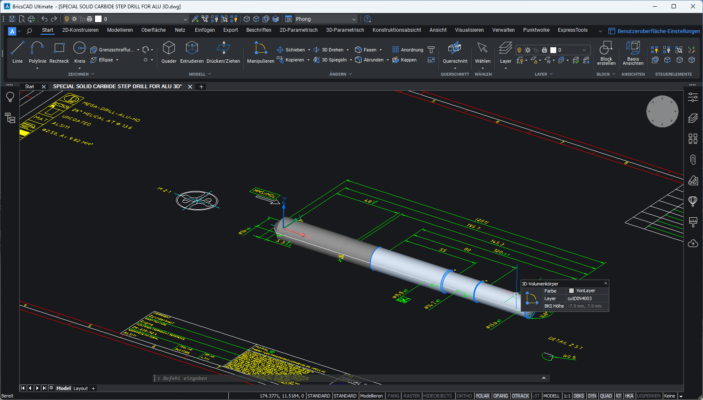Let’s suppose you typed into Google Search “top technology trends in the construction industry 2021”. You will get tons of articles along the lines of Top X Construction Technology Trends in 2021. After analysing everything that came up on the first page of search, you could see “Modular Construction” in almost all examples standing proudly as one of the most influential technologies in construction right now. I would dare to say that modular construction has not only the potential to revolutionise the construction industry, but also a massive impact on other industries, due to its multiple benefits that are highly demanded in the current situation in the world.
Even if modular construction is a trend itself, we cannot treat it like a one-dimensional phenomenon – the industry is extensive and versatile. It will only be growing in the upcoming years. Its challenges need to be thoroughly examined now when many companies are preparing to scale up due to increased demand. And as every growing business is forming innovative solutions and trends that could make their process even better – that’s what we will be discussing today!

What is Modular Construction?
Modular construction is a process of raising the buildings that consist of separate prefabricated sections, called modules. The modules are repeatable and constructed off-site under controlled plant conditions. They can be finished much faster than traditional constructions as they can be done at the same time. Ready modules are transported to the site to be put together into the final form of the building. Modular construction can build long-term, temporary or permanent facilities.
The modular construction market was badly impacted by COVID-19 in 2020 (as was almost every industry). Still, now it has entered the growth phase with a researched forecast to register a CAGR (Compound Annual Growth Rate) of over 12% during the next 5 years!
The Benefits of Modular Construction
Considering all the perks of using this technology, no wonder it gains popularity and will probably increase its importance on the construction market in the upcoming years. Let’s break down its most prominent benefits:
- Speed of construction
In the reality of compressed project schedules and workforce shortages, projects can be delivered up to 30-50% times quicker than when executed traditionally. - Minimal impact on the client
As much of the work is carried off-site, modular construction removes up to 80% of the activities on-site. - Safer construction
Building modules means more repetitive, highly specialised tasks for workers. The whole process is easier to control, which brings higher quality standards and safety advancements. - Sustainability
The process generates less material waste, reduces energy consumption and lowers on-site pollution. Moreover, modules can be reused for new buildings! Check out our article on 5 ways to reduce your company’s carbon footprint!
Read more:
The Upcoming Trends in the Industry
Usage of BIM
BIM (Building Information Modelling) kind of pops up whenever the topic of modern construction is discussed – and not without reason. It is a powerful tool used to thoroughly prepare a digitised, 3D version of a construction project. It allows contractors, architects and engineers to develop digital representations of structures to ensure all aspects of the building are considered, and all norms and requirements are met.
Aside from the obvious benefits of using BIM, which are true to every field, it can massively help modular construction workers as it provides insights into the project before it even starts and gives them tools to plan the design effectively. The work on- site begins only after the modules are done; that’s why digital planning is crucial for project success in modular construction.
Technology grants better communication between on-site reality and modules’ factories. It makes the precise measurements of prefabricated modules available for sub-contractors or a third-party delivering windows or doors, so that everything fits perfectly when delivered on-site.
Growth of Modular Construction on the Housing Market
Right now, modular construction is used mainly for commercial use, but there is a growing trend to apply the method in the residential building industry. Cheaper, faster to build, safe and sustainable – modular construction could answer the burning problem of the affordable housing crisis. The UK’s Government must fulfil 300.000 homes-a-year quotas, which, paired with the constantly growing population, will need a fast and practical construction.
But modular houses are being chosen more and more often by individual clients as well. While traditional construction may still be more popular and trusted by the majority, people nowadays are getting more used to quick results. So it’s not surprising that more and more people are willing to try new methods that enable them to see their own house much quicker than they could imagine. Not to mention that our society is becoming more aware of the need to make sustainable choices, which may contribute to the decision to go with modular houses.
Augmented Reality (AR)
AR is another solution to make up for the fact that most of the construction processes take place off-site. For example, in the planning process, all the specialists working on the project could use an AR device as a building model to discuss the project with an accurate visual and, most importantly, identical representation for all of them.
It would also give project managers a better insight into how the works on-site should be planned and coordinated before the modules are transported on-site.
Whether accessed via smartphone, AR glasses, or helmets, AR would also be tremendously helpful while showcasing the project to investors, who may struggle to envision the project when most of the works are carried off-site.
Flexibility and adaptability
According to some of the industry leaders, the future of modular construction looks… flexible. David Harris from Premier Modular, points out that there is a shift in thinking about structure, and, as a result, buildings will need to become more flexible and adaptable to change in order to answer the modern world’s needs.
Covid-19 made it clear that there is a need for more interchangeable facilities ready to adapt to the future. For example, schools might need to change into hospitals and then back into schools according to the needs of the local community. The modules will need to be applicable for different purposes while maintaining the same standards.
Modular construction can also give a company a new possibility: whole buildings can be leased to lower the capital expenditure. Once finished, the modules could be removed, remodelled, relocated or used as parts for a different project.
Digital Management Technologies
Modular construction has many advantages but it’s not immune to roadblocks and process disruptions. Even though it is more problem-proof than the traditional construction process, coordinating all assets and teams on-site and off-site, not to mention managing multiple projects simultaneously, requires a tool that will allow clear communication and easy control over all assets and reliable sources of information.
The demand for modular construction will grow significantly in the near future. The amount and diversity of projects taken on will also increase. Therefore, modular construction companies should evaluate their process now to ensure that they will have all the tools to grow their company without disruptions.
A modern business management software is a tool that can help you streamline the process, enhance communication and grant complete control over the company’s assets. Moreover, it gives you access to the golden thread of information so that you always make the best, conscious decisions!
Discover the benefits of investing in a holistic solution that can become a golden thread for your business, connecting all departments of your company, ensuring streamlined flow of information and giving you full control over all your assets!
Source: Archdesk
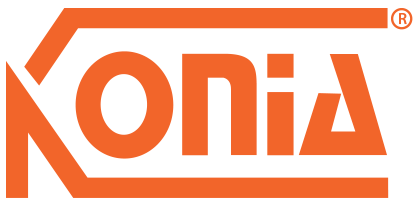

 Tiếng Việt
Tiếng Việt